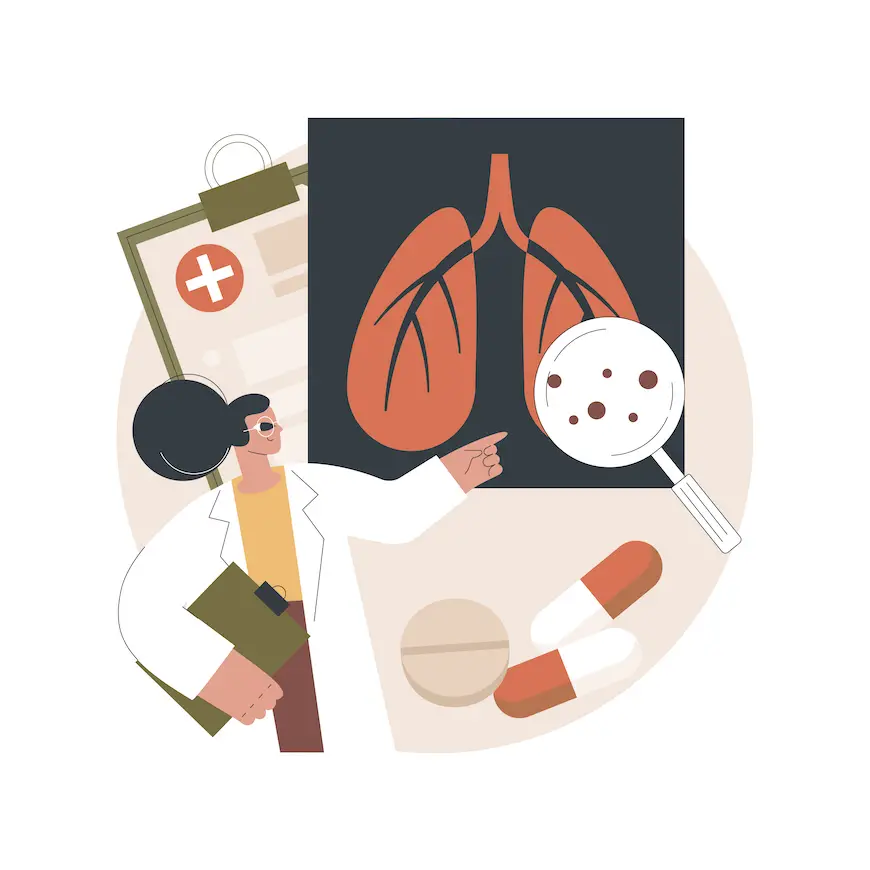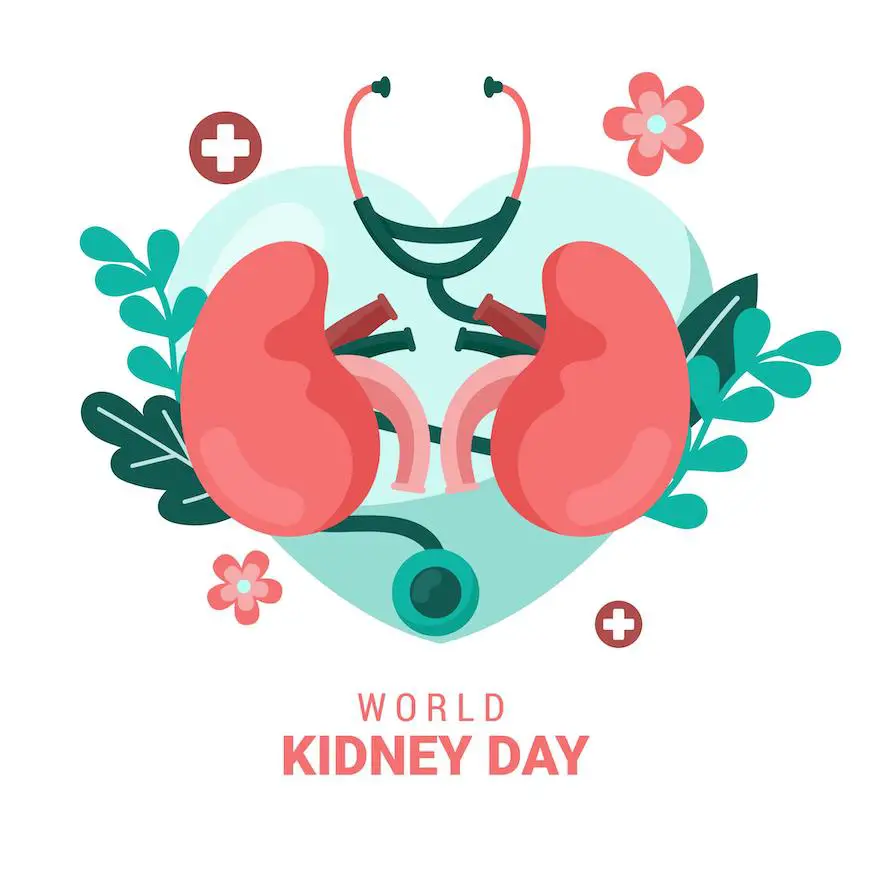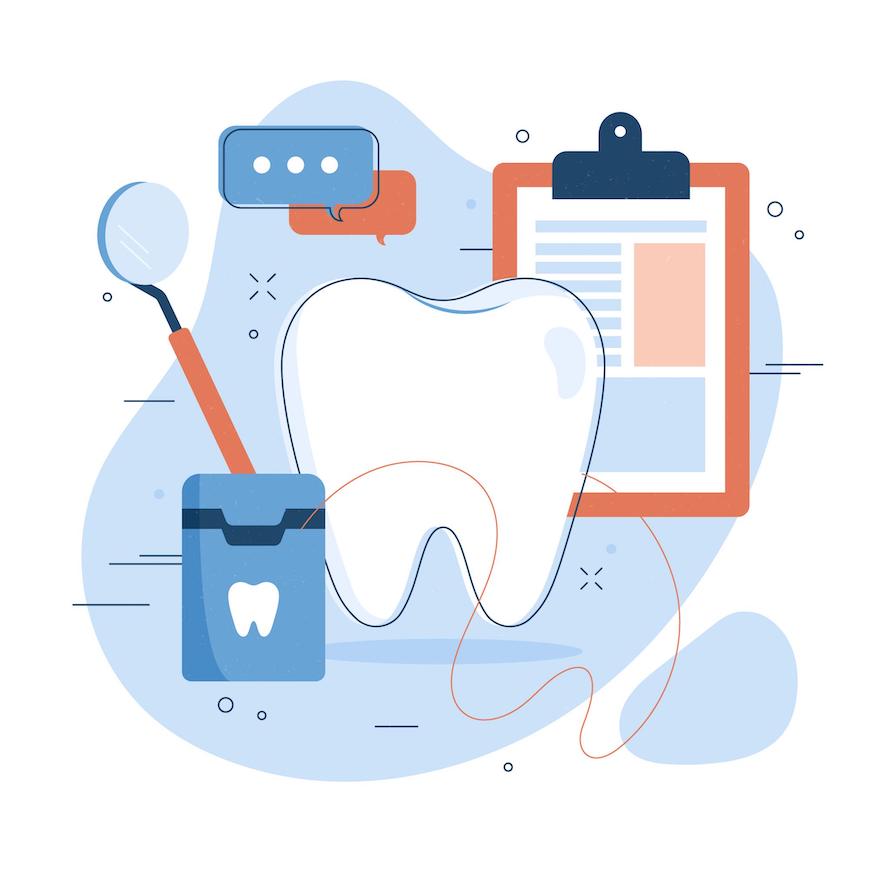The little butterfly-shaped gland at the base of your neck, the Thyroid gland, plays a major role in regulating your metabolism, energy levels, heartbeat, body temperature and more. But what happens when it goes into overdrive? That’s when the condition known as Hyperthyroidism (also called overactive thyroid) takes hold. In this article we’ll dive into what hyperthyroidism is, its causes, signs & symptoms, diagnosis, treatment options, and how you can live well even with it.
Learn more about how the thyroid gland works.
What is Hyperthyroidism?
Hyperthyroidism occurs when the thyroid gland produces too much of the thyroid hormones (T3, T4) which accelerate the body’s metabolic functions. (1) (2) (3)
In simple terms: your body’s internal engine is revved up too high.
Learn more about Thyroid Hormones: T3, T4, and TSH
Why it matters
When your thyroid hormones are high, many systems get pushed into overdrive: your heart beats faster, your body burns energy quickly, your temperature regulation may struggle, and your mind may feel anxious or restless. If left untreated, hyperthyroidism can lead to serious complications such as heart rhythm problems, osteoporosis, and in rare cases a thyroid crisis.
Common Causes
Here are the main causes you should be aware of:
1. Autoimmune hyperthyroidism (Graves’ disease)
This is the most common cause. The immune system produces antibodies that stimulate the thyroid to make too many hormones.
2. Overactive thyroid nodules / toxic multinodular goiter
Non-cancerous lumps in the thyroid may become autonomous and produce excess hormones.
3. Thyroiditis – inflammation of the thyroid
In certain types of thyroiditis (including postpartum or painless), stored thyroid hormone may “leak” into the blood causing temporary hyperthyroidism.
4. Excess iodine or over-medication
Too much iodine intake (via supplements or certain medications) or taking too much thyroid hormone medication (in people treated for underactive thyroid) can trigger hyperthyroidism.
5. Rare causes
Such as tumors of the pituitary gland that cause excess TSH (thyroid-stimulating hormone), though these are uncommon.
Learn more about Hypothyroidism: Causes, Symptoms, and Natural Ways to Support Your Thyroid
Who Is at Risk?
- Women are far more likely than men to develop hyperthyroidism.
- Family history of thyroid disease or autoimmune conditions.
- People with other autoimmune disorders (e.g., type 1 diabetes).
- Recent pregnancy (especially postpartum thyroiditis).
Signs & Symptoms: What To Look For
The symptoms vary from person to person, and may come on gradually. Here are common ones:
Physical symptoms
- Unintentional weight loss despite normal or increased appetite.
- Rapid or irregular heartbeat (palpitations), fast pulse.
- Tremors (usually in the hands) and muscle weakness (especially upper arms/thighs).
- Heat intolerance, excessive sweating, warm moist skin.
- Frequent bowel movements or diarrhea.
- Enlarged thyroid gland (goiter)- swelling at base of neck.
- Thinning hair, brittle nails, fine skin.
Mental / emotional / other symptoms
- Anxiety, irritability, nervousness.
- Insomnia or trouble sleeping.
- Changes in menstrual cycle (lighter or less frequent periods) in women.
Symptoms in older adults
Often more subtle and may mimic other conditions such as depression or heart problems: weight loss, weakness, faster heart rate.
Diagnosis: How It’s Confirmed
Detecting hyperthyroidism typically follows these steps:
-
Medical history & physical exam: Your doctor checks your neck for goiter, feels for nodules, checks pulse rate, looks for tremor, examines eyes.
-
Blood tests:
- TSH (thyroid-stimulating hormone) is usually low when thyroid hormones are high.
- Free T4 and Free T3 levels will often be elevated.
- Sometimes antibody tests (for Graves’ disease) or other advanced markers.
-
Imaging/tests (if needed):
- Radioiodine uptake and scan: to see how much iodine the thyroid takes up.
- Thyroid ultrasound: especially to assess nodules.
It’s important for accuracy: for example, if you take biotin supplements your blood test might be affected.
Treatment Options
Treatment depends on cause, age, severity, and your preferences. Here are the main paths:
a) Anti-thyroid medications
Drugs like methimazole or propylthiouracil (PTU) work by reducing hormone production. They are usually the first line.
Some risks include liver damage (mainly with PTU), so follow-up is required.
b) Beta-blockers
These don’t reduce thyroid hormone levels, but they help calm symptoms: palpitations, tremors, rapid heartbeat.
c) Radioactive iodine (RAI) therapy
A pill or liquid form of radioactive iodine that the thyroid absorbs, which gradually destroys thyroid cells and reduces hormone production.
Often leads to hypothyroidism (underactive thyroid), which then requires lifelong hormone replacement.
d) Surgery (Thyroidectomy)
Removal of all or part of the thyroid gland. Chosen when surgery is already needed (e.g., large goiter, nodules suspicious for cancer), or when other treatments are unsuitable.
Also leads to need for lifelong thyroid hormone replacement.
e) Treating underlying cause
For example, if due to thyroiditis, sometimes the overactivity is temporary and may resolve; if Graves’ disease, eye or skin manifestations may need separate treatment.
Potential Complications if Left Untreated
- Irregular heartbeat (atrial fibrillation) which increases risk of stroke.
- Heart failure and other cardiovascular issues.
- Weakened bones (osteoporosis) due to excess thyroid hormone accelerating bone loss.
- Eye disorders (in Graves’ disease) known as thyroid eye disease.
- Pregnancy problems: premature birth, low birth weight, pre-eclampsia.
Life After Diagnosis: Living Well With Hyperthyroidism
Here are practical lifestyle and wellness tips to help you manage:
- Follow your treatment plan faithfully. Monitor your levels regularly.
- Inform your healthcare provider of supplements. Some interfere with thyroid tests or treatments (for example, excess iodine or biotin).
- Eat a balanced diet. While there is no one “thyroid diet” that cures hyperthyroidism, ensuring adequate nutrients and avoiding excess iodine or self-medicating with supplements is wise.
- Avoid smoking. Especially important if you have Graves’ disease with eye involvement.
- Manage stress and get enough sleep. These factors help overall health and may reduce symptom burden.
- Stay physically active. Strength training may help maintain bone health.
- Schedule regular check-ups. Thyroid function can change; your treatment may need adjustment.
When to See a Doctor Immediately
If you experience any of the following, get immediate medical attention:
- Rapid heart rate, palpitations, chest pain
- Fever along with confusion, vomiting, or diarrhea (could signal thyroid storm)
- Sudden worsening of eye swelling or vision changes
- Pregnancy and changes in thyroid symptoms
Hyperthyroidism is a treatable but potentially serious condition in which the thyroid gland produces too much hormone, affecting multiple body systems. Early recognition, proper diagnosis, and guided treatment are key to preventing complications and living a full, healthy life. If you experience symptoms such as unexpected weight loss, palpitations, anxiety, heat intolerance or a swollen neck, it’s worth having your thyroid function checked.
Can hyperthyroidism be cured permanently?
Some treatments like radioactive iodine or surgery can provide a permanent solution, but others require ongoing management.
What foods should I avoid if I have hyperthyroidism?
Avoid excessive iodine, seaweed, or high-iodine supplements unless directed by your doctor.







